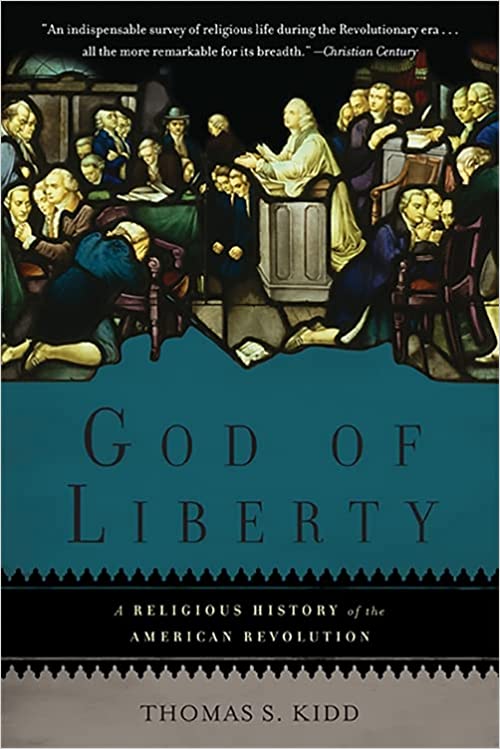A Brief Book Summary from Books At a Glance
by Benjamin J. Montoya
About the Author
Thomas S. Kidd is Associate Professor of History at Baylor University. The author of several books on topics in American religious history, and he lives in Woodway, TX.
Introduction
In our day, religion and politics seem to be so at odds, such that the mention of one in the context of the other results in automatic intellectual dismissal. But has that always been the case? This book will highlight that religious pluralism has always been the case and that there are common principles of public spirituality and their connection to the success of American civil society. Consider our summary to learn more!
Table of Contents
Chapter 1 “No King but King Jesus”
Chapter 2 “The Sacred Property of Every Man”
Chapter 3 “The Pope, the Devil, and All Their Emissaries”
Chapter 4 “Victory over the Beast”
Chapter 5 “A Christian Sparta”
Chapter 6 “A Time of War”
Chapter 7 “God Has Made of One Blood All Nations of Men”
Chapter 8 “The Bands of Wickedness”
Chapter 9 “One God, Three Gods, No God, or Twenty Gods”
Chapter 10 “Saving This Land”
Chapter 11 “If Men Were Angels”
Chapter 12 “Jefferson—and No God!”
Summary
Chapter 1: “No King but King Jesus”
Religious ideas fueled the colonists even before the American Revolutionary War (or the War of Independence). Not long before the Revolutionary War, Britain imposed the Stamp Act to tax the colonists to make money from them. This tax, of course, was not received well. But what is interesting to note is how the religious commitments of the colonists themselves is what led them to kick back against this act and, eventually, to see its repeal.
One of the significant markers of change in the history of colonial development in the US is the Great Awakening, primarily the first. These times are well-remembered in history because of the massive change that took place, professions of faith, etc. But one political transformation that happened is that after more people professed faith, more people began to think through politics in light of their Christian theology. Now, some of their connections were tenuous at best, e.g., aligning opposing political powers with end time prophecy. Nevertheless, their religious understandings were beginning to drive their rebellion against the British monarchy, such that people began to say things like, “No king but Jesus!” . . .
[To continue reading this summary, please see below....]The remainder of this article is premium content. Become a member to continue reading.
Already have an account? Sign In
